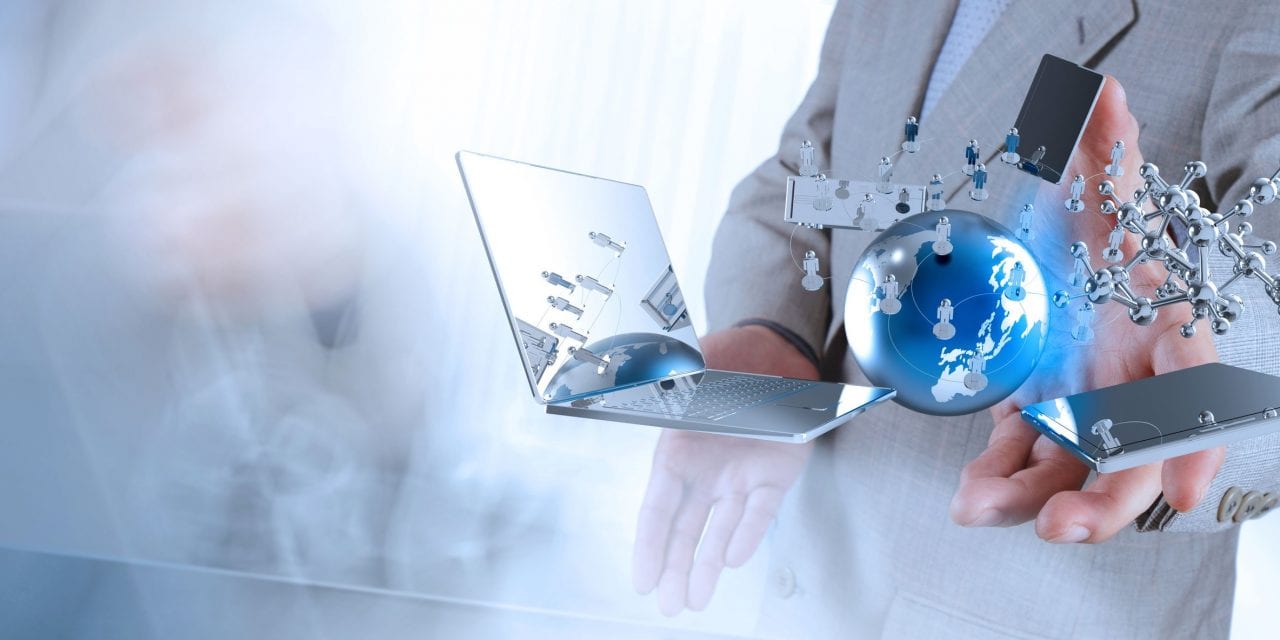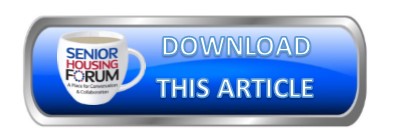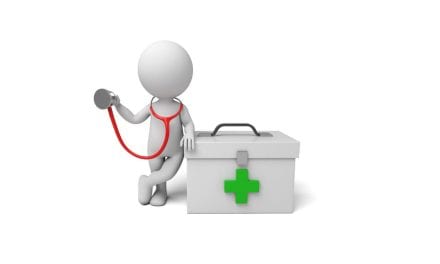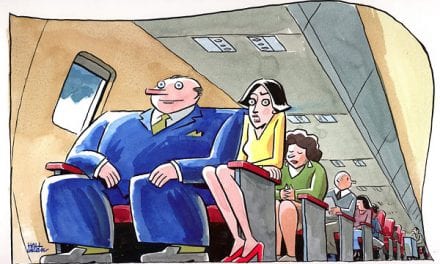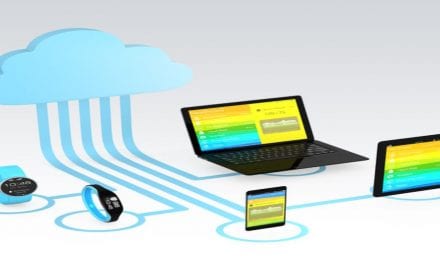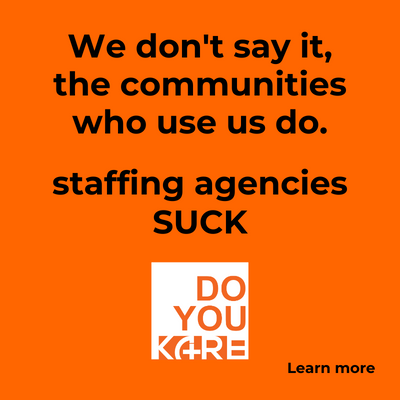Your prospective residents are only getting more spoiled. Not less.
By Susan Saldibar
We’ve gotten spoiled.
As consumers we have become used to picking up our iPhones and ordering things online, saving our preferences, being shown other items that we “might like,” and having things delivered to our doors. Same is now true at the doctor’s office. They have all our medical records stored online, so they pull up our profiles and automatically know what meds we’re on, what our various issues are, and so on. Instantly.
And, here’s the point: We are the same people who will walk through the doors of your community, whether as employees, residents, or families of residents. And we expect to be just as spoiled inside your doors as we are inside our own.
That poses a big problem for communities who either don’t understand this or choose to ignore it. But for those ready to take action, there is technology ready to help.
I spoke recently with Megan Lenthe, Senior Product Manager, with MatrixCare (a Senior Housing Forum partner). We talked about the barrier that paper creates in virtually every area of care. MatrixCare has solutions, such as CareAssist, that help communities eliminate once and for all, time-consuming, inefficient paper-based processes like logging care, passing medications, and accessing key resident information.
Mobility is liberating (and dollar saving).
CareAssist is one of those applications that appears to benefit just about everyone. At its core is the advantage of full mobility. That means anything that needs to be logged, noted, recorded, and reported on can be done on the spot. Megan ran through the benefits this brings to communities:
-
Uninterrupted care: No trotting over to a kiosk or central computer. When a caregiver provides a service to a resident, it can be logged in immediately. What’s also cool is their voice-to-text feature. As Megan says, all you need is your thumb and your voice.
-
Increased accuracy: Since a caregiver can log that bathroom visit at the time it occurs, there are few to zero errors. They will know that they took Mrs. Jones to the bathroom 5 times that day, rather than having to refer to scribbled notes input to a computer at the end of the day. This means that all those billable special services that used to fall through the cracks won’t.
-
Happier, engaged staff: The staff is more connected to the information they need without having to remember or run back and shuffle through paper. “Paper slows down everything,” Megan tells me. “It increases the potential for human error and is so unnecessary in today’s world.”
-
Higher ROI per employee: Think about it. If you are paying someone to sit in front of a computer for an hour, you are paying for a lot of low-value data entry. In many cases, Megan tells me, communities are paying overtime just so their employees can finish logging all their handwritten notes into the computer. Using a system like CareAssist, you eliminate the handwritten notes portion, paying your team for quality time, not transcribing notes. “There is plenty of idle time for employees that could be put to better use,” says Megan. “For example, many of our users tell us that they log notes while waiting to get into the bathroom with a resident. Before that was just lag time.”
Integration brings intelligent “on the spot” decisions.
The MatrixCare platform enables integration to key databases and other applications, such as eMAR. This brings huge advantages:
-
Residents’ service plans are instantly accessible. This means that staff is automatically connected to each resident’s unique needs and preferences at the point of care. “Service plans are not typically something a caregiver keeps with them,” says Megan. “They can be bulky and are often kept in notebooks. So either they have to run back and find it, or they don’t bother. Usually, it’s the latter,” she adds.
-
Notes and reminders specific to each resident pop up instantly. So caregivers will know as they approach a resident that Mary doesn’t like conditioner in her hair, or that Carol likes to take her shower later in the day. This, I would think, would be especially useful for new employees who may not yet be aware of some of the special preferences of residents.
-
Ensures accurate medications administration. The system uses a bar code method that virtually eliminates medications errors. In fact, Megan tells me that, based on MatrixCare records, the instances of medications errors were lowered 75% with scanning, with 2 hours per shift saved. This resulted in a greater than 99% accuracy. And, it also integrates with local pharmacies, who take the burden of medications reconciliation off the community staff.
Your prospective residents are only getting more spoiled. Not less.
I guess the question I would have, after speaking with the folks at MatrixCare, is, if you’re not yet doing this, what are you waiting for? We’re not getting less spoiled, after all. So, who wants to give up the convenience of mobility and the sense of being catered to that we have in the world outside your doors? Nobody.
For more information about CareAssist click here:
Click on the button below to download a PDF copy of this article:


